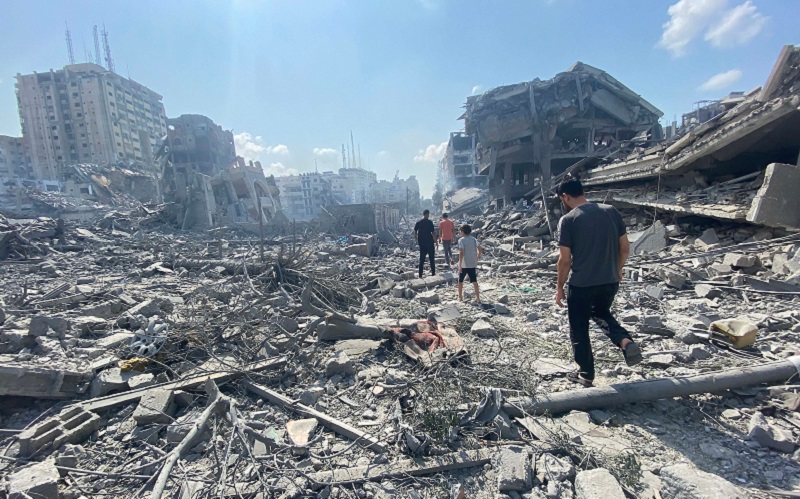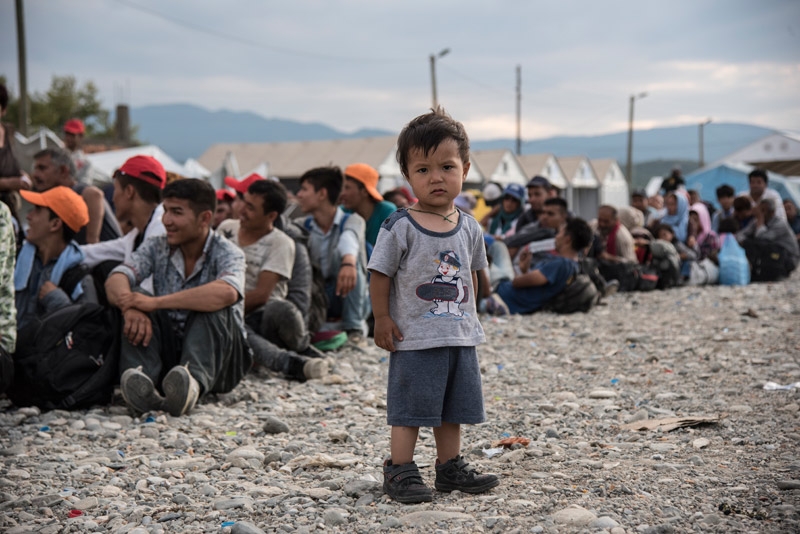By Passent Moussa The Universal Declaration of Human Rights (UDHR) was a milestone in the history of the international community, and an aspiration that brought nations together in the wake of the Holocaust of World War II. The aim was to prevent such an atrocity from happening again, and to protect the rights of all […]







